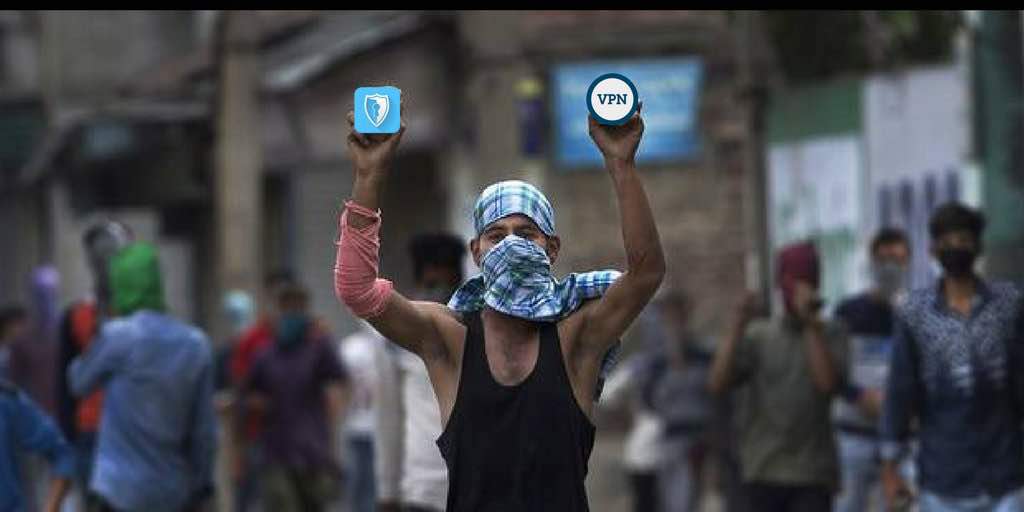Kashmir Youth Skirt the Social Media Ban, Move to VPN

With changing times and changing technology, a ban first on the internet and then on social media can prove fatal for the government of Jammu & Kashmir as the youth who were born and brought up in the internet era are directly affected.
First the state government banned the internet. Unsurprisingly, the move backfired, and the government -- in an attempt to prevent the situation from deteriorating -- had to restore 2G services, and then 3G/4G services as it became clear that the ban was not sufficient to control the situation, and the anger and resentment amongst the youth was growing as a result of the ban.
When nothing seemed to work the Mehbooba Mufti government tried to ban the social media sites.Facebook, Twitter, and WhatsApp were blocked as were a total of 22 social media services.
The list includes Facebook, Twitter, QQ, WeChat, Qzone, Tumblr, Google+, Baidu, Skype, Viber, Line, Snapchat, Pinterest, Telegram, Reddit, Snapfish, YouTube, Vine, Xangra, Buzznet, and Flickr. Ingenuous youth, however, have found a way out.
This has led to the use of Virtual Private Network (VPN) in the Valley. The VPN uses proxy servers and changes the location of the user from the current one to the one the user wants. Thus the websites/apps that are blocked for one location can be accessed freely by changing the location to some other country or state.
The only stumbling block of using VPNs is that the speed decreases drastically and thus it becomes difficult to load the videos that are being shared on these websites, which now takes us back to the reason for this ban that was basically to prevent the rapid share of videos of encounters, searches and funerals.
However, the ban as such has not been effective and only earned the state government more censure and ill will if that was possible. As to whether it will work to diffuse the protests, highly unlikely.
(Cover Photograph from a Facebook Post)



